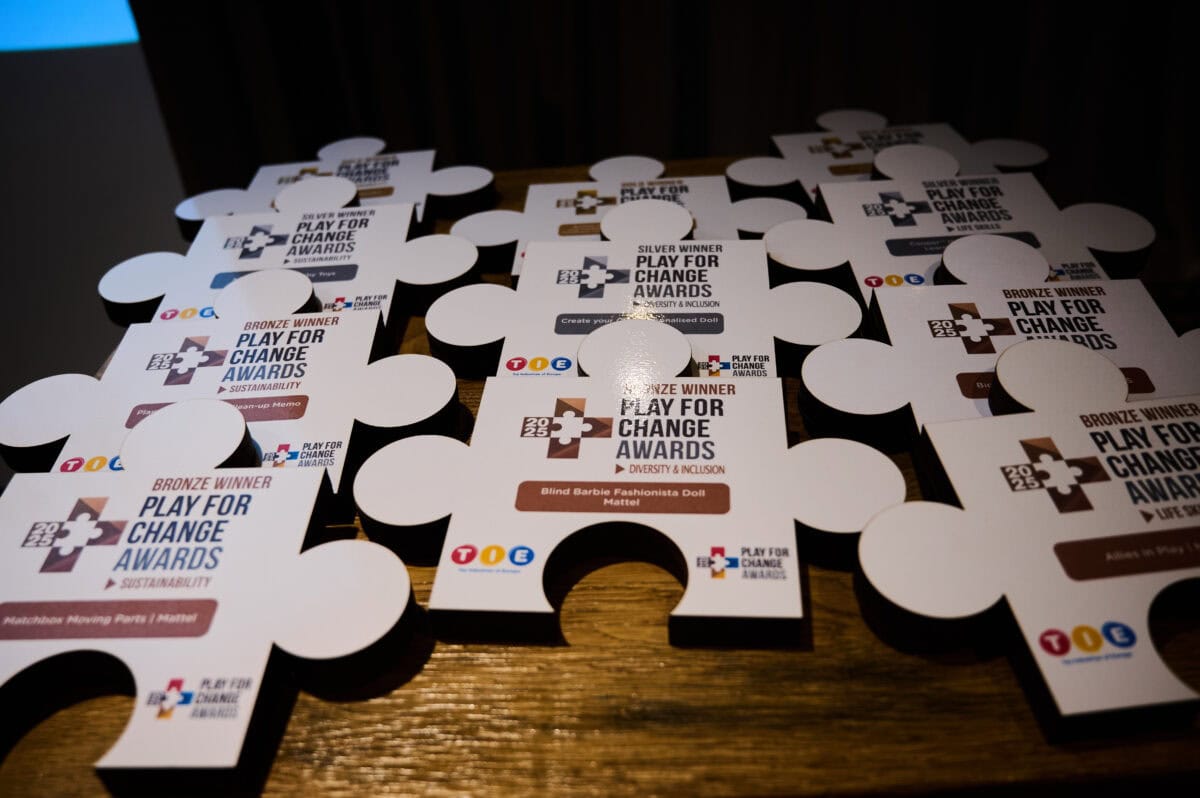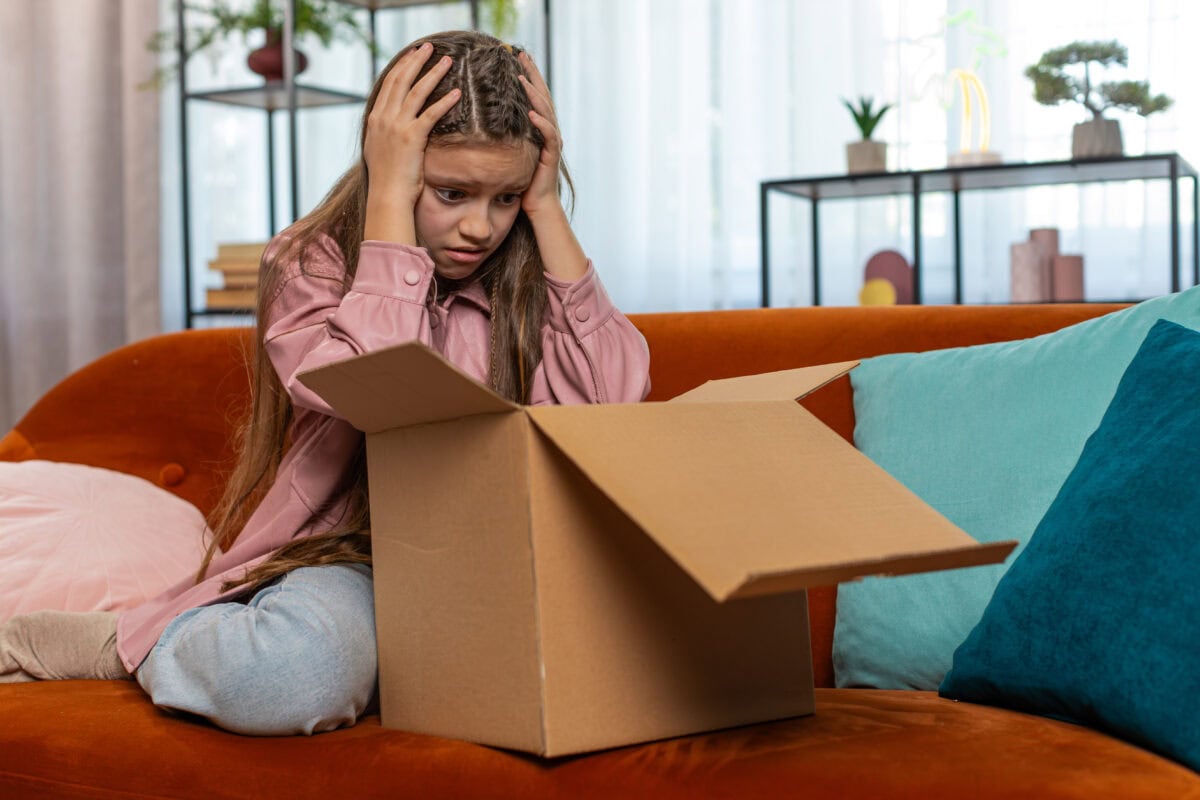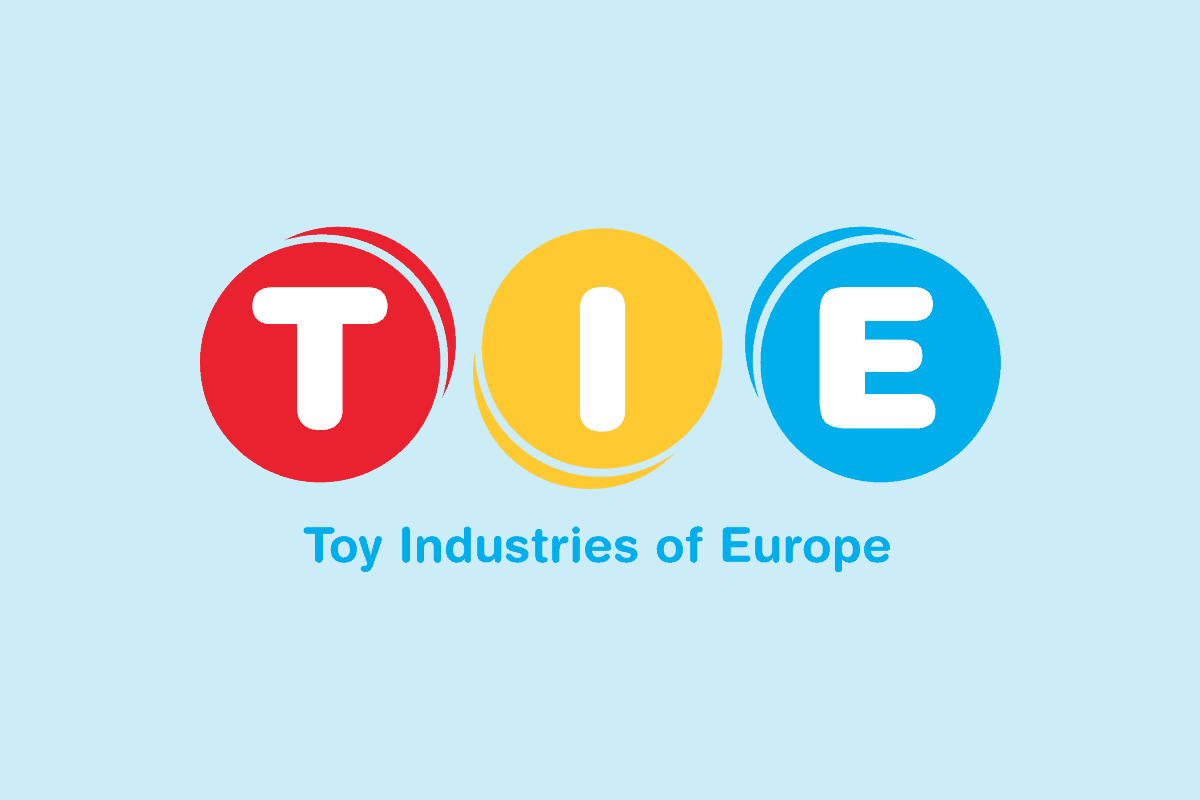MEP Anna Maria Corazza Bildt calls for joint action to draw attention to the importance of play and ensure Europe’s children can enjoy the freedom to play.
On the occasion of World Play Day on 28 May, Member of the European Parliament (MEP) Anna Maria Corazza Bildt hosted an event in the European Parliament entitled ‘Taking play seriously: investing in Europe’s future’ to enhance understanding of the unique role of play in supporting children’s development. ‘Playing is very important for children to learn, communicate, socialise and develop. Learning and playing go hand in hand,’ said MEP Corazza Bildt.
Participants at the event agreed that play needs to be taken seriously, as it is a basic need for children and an essential part of their well-being, development and learning. There was consensus that there is a role for Europe in enabling children to play. Recommendations for action included launching an informal European Union (EU) platform of interested parties to promote understanding of the importance of play and to encourage Member States to ensure that European children can continue to realise their full potential through play.
‘The European Commission takes play very seriously because it is a right of our children and youth. We need to enable an appropriate play environment for children, especially in a time of crisis,’ said Despina Spanou, Director for Consumer Affairs at the European Commission’s Directorate-General for Health and Consumer. George Zisimos, Member of Cabinet of Education Commissioner Androulla Vassiliou stated: ‘At a time when educators are under increasing pressure to meet targets and achieve high scores, the role of play-based learning in quality early childhood education should not be disregarded.’
‘Severe play deprivation could have serious consequences for children’s development and consequently also for Europe’s future,’ stressed creativity expert Fredrik Härén. ‘To play is to live. To question the need for play is to assume that we are born fully knowledgeable about the world around us. Not playing means not living to our full potential,’ he added.
Toy Industries of Europe (TIE) took the opportunity of World Play Day to support the event, in order to raise awareness of and stimulate discussion among EU policy makers about the value of play for children and society as a whole. ‘TIE and its members recognise the fundamental role of play in growing up. Play benefits society; we cannot afford to trivialise it. Investing in quality play opportunities is an investment in Europe’s future,’ stated Catherine Van Reeth, Director General of TIE.
‘As policy makers we also have the responsibility to ensure that children can play safely, both in terms of toy safety and of the protection of children on the internet,’ Mrs Corazza Bildt added. ‘Policy makers, governments, NGOs, industry, academics, schools, civil society, etc. need to join forces to ensure that our children enjoy the freedom to play,’ MEP Corazza Bildt concluded.
A short video clip about the event is available here. Further videos and a report about the event will be posted on www.importanceofplay.eu shortly.
Notes to editor:
About the organiser
Toy Industries of Europe (TIE) is the trade association for the European toy industry. TIE and its members fully support all efforts to promote children’s rights and their healthy development.
UN General Comment on the right to play
As acknowledged by the United Nations, ‘play and recreation are essential to children’s health and well-being. They promote the development of creativity, imagination, self-confidence, and physical, social cognitive and emotional strength and skills. They contribute to all aspects of learning.’
United Nations Committee on the Rights of the Child, General Comment on the right of the child to rest, leisure, play, recreational activities, cultural life and the arts, April 2013: http://www2.ohchr.org/english/bodies/crc/docs/GC/CRC-C-GC-17_en.doc
Play is under threat
Even though the advantages of play are widely acknowledged, children’s play is under threat. Increasing urbanisation, the stresses of family life and changes to the educational systems are key factors in the lack of appropriate and quality play opportunities for Europe’s children.
Please find The Importance of Play: A report on the value of children’s play with a series of policy recommendations, a report written by Dr David Whitebread of the University of Cambridge in April 2012, here.
For media enquiries, please contact Toy Industries of Europe’s (TIE) Secretariat on 0032 2 213 41 90



